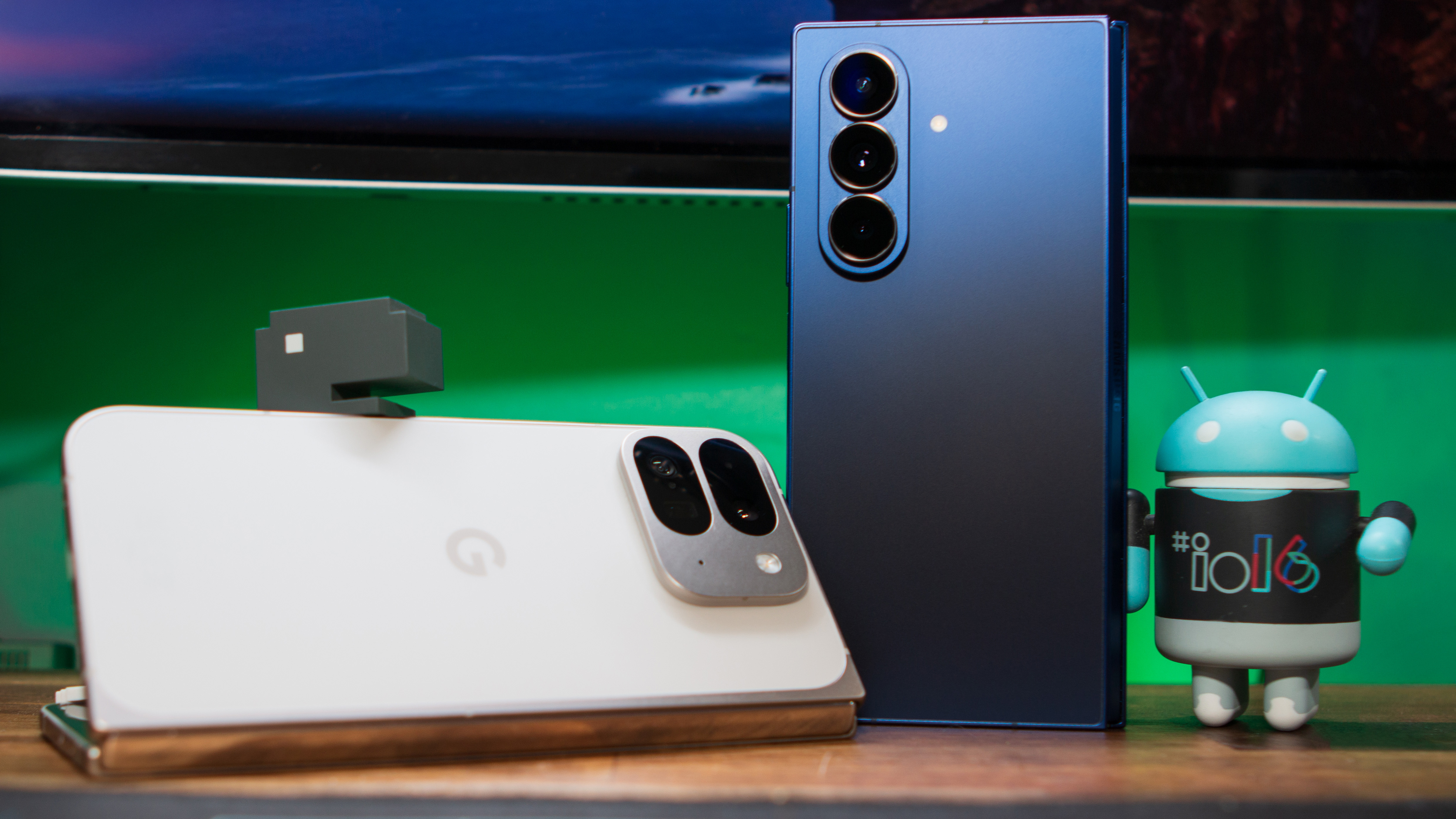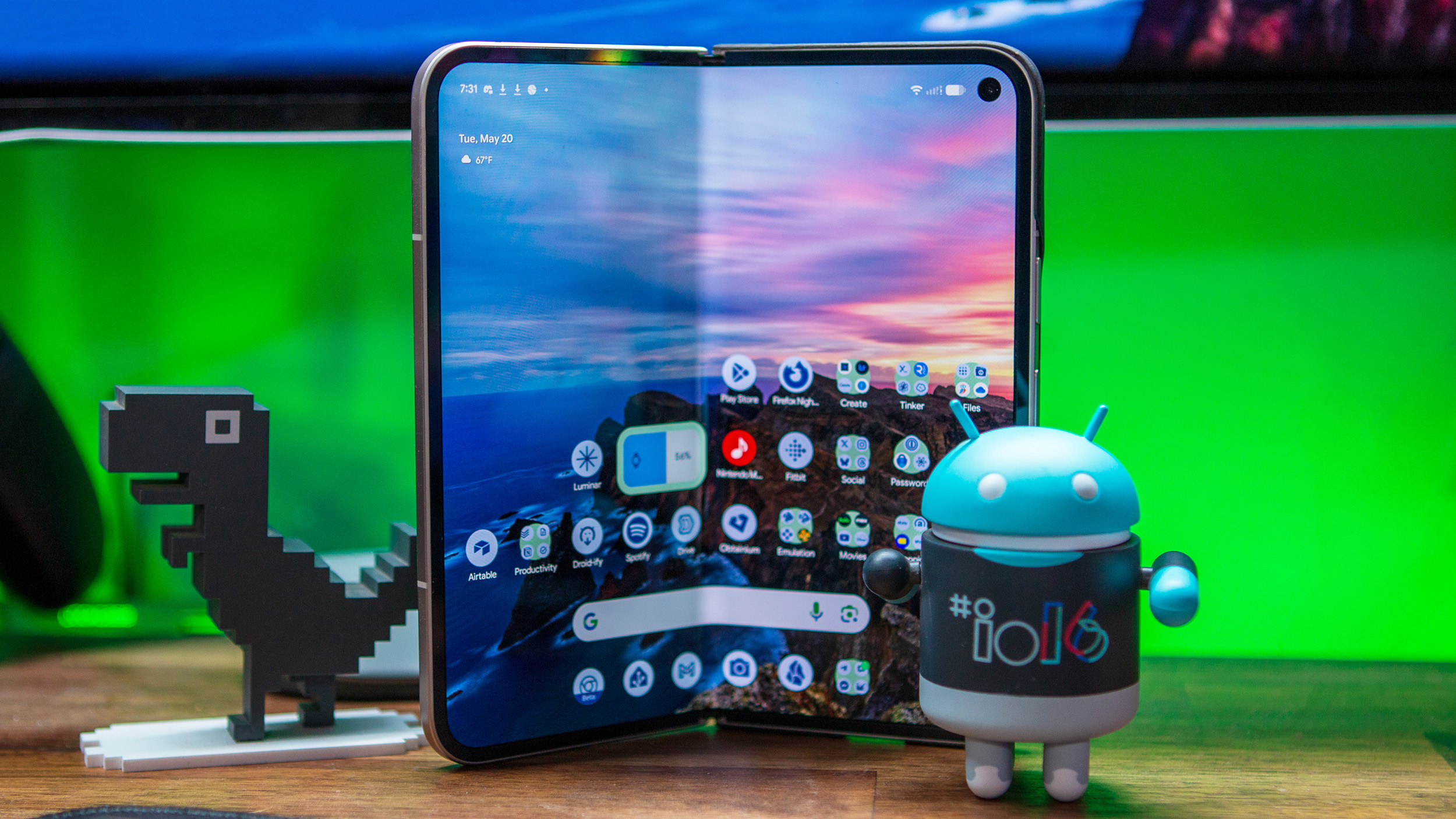T4K3.news
Pixel 10 battery breakthrough needed for success
Google's upcoming Pixel 10 struggles with battery life as AI features demand more energy.
The Pixel 10 struggles with battery life as AI features demand more energy.
Pixel 10 faces battery challenges amid AI demands
The Google Pixel series has faced ongoing challenges with battery performance. Users report inconsistent battery life, with some days seeing decent longevity while others lead to a 3 p.m. shutdown. This phenomenon is often linked to software updates designed to enhance functionality. Google's strategy emphasizes powerful on-device artificial intelligence, but this approach comes with significant energy costs. Features demanding heavy processing strain the battery, leaving users to disable desired settings to preserve life. As the Pixel 10 launch approaches, discussions highlight the urgent need for battery technology improvements, particularly the shift to silicon-carbon batteries, which could promise enhanced capacity.
Key Takeaways
"Users face a ritual of compromise, disabling features that make the Pixel special."
This highlights the dilemma users face with the Pixel’s battery performance.
"Google's software has written checks that its battery hardware could not cash."
This emphasizes the mismatch between software ambitions and battery capabilities.
"Silicon-carbon batteries might be the key to unlocking the Pixel's potential."
This points to a possible solution for the ongoing battery issues faced by Pixel users.
The Pixel's battery issues illustrate a broader challenge in the smartphone industry. As companies integrate more artificial intelligence, the energy demands escalate. Users are increasingly faced with the dilemma of sacrificing features for extended battery life, which undermines the overall value of these devices. Moving towards silicon-carbon battery technology could align Google's ambition for AI-heavy functionality with users' needs for reliable battery performance. If successful, this transition may not only enhance the Pixel 10 but signal a significant shift in how smartphones are powered in the future.
Highlights
- AI features should enhance, not drain, the battery life.
- The Pixel 10 must evolve to keep up with user demands.
- Silicon-carbon could be the breakthrough the Pixel needs.
- Power should not come at the cost of performance.
Concerns over battery technology and performance
As Google seeks to improve battery life in its upcoming Pixel 10, the reliance on advanced battery technology raises issues regarding feasibility and market readiness. Transitioning to silicon-carbon batteries is not only costly but also presents engineering challenges that could hinder device performance and reliability.
As Google explores innovative battery technology, the future of the Pixel depends on better power management.
Enjoyed this? Let your friends know!
Related News

New product announcements at Made By Google 2025

Google Pixel 10 Pro Fold set for unveiling
Anticipation rises for Google's Pixel 10 series
Pixel 10 leaks suggest lack of major changes
Google Pixel introduces remarkable photography feature

OnePlus Nord 5 launched with impressive features
Samsung reveals Galaxy Z Fold 7

Google prepares to unveil Pixel 10 Pro Fold
